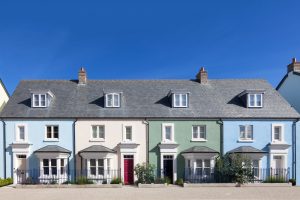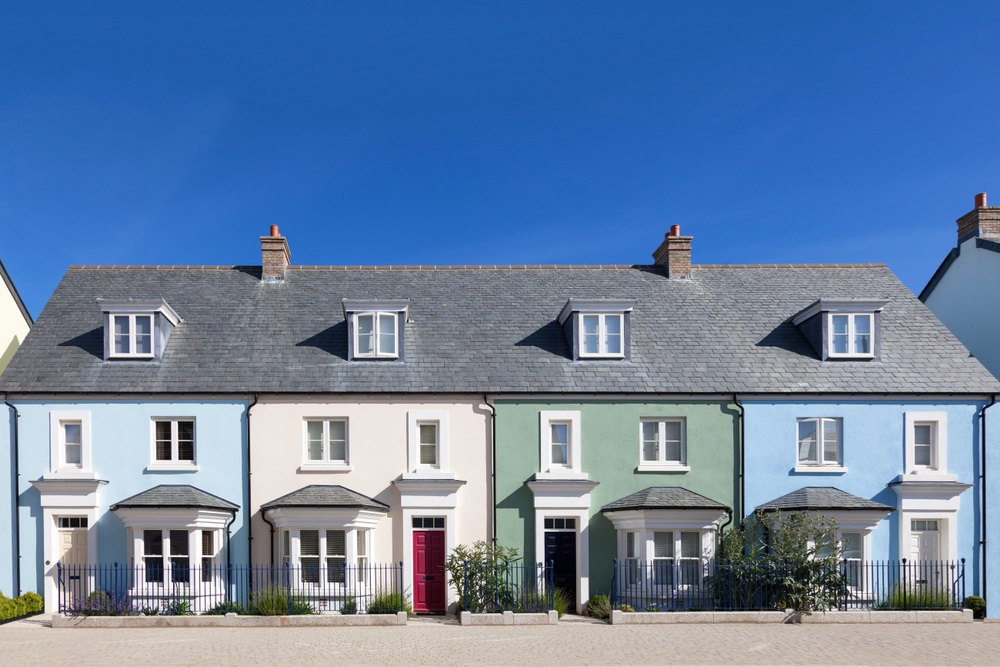House prices increased for the twelfth consecutive month in a row despite the cost-of-living crisis putting huge pressure on household finances.
 The average property increased in value by 0.1% in July compared to June and over the last year house prices increased by a very buoyant 11%, according to the Nationwide House Price Index.
The average property increased in value by 0.1% in July compared to June and over the last year house prices increased by a very buoyant 11%, according to the Nationwide House Price Index.
It’s a rise which has surprised many industry experts, not least Nationwide’s chief economist Robert Gardner who said the housing market had ‘retained a surprising degree of momentum given the mounting pressures on household budgets from high inflation’.
This increase means the average house price in the UK now stands at £271,209.
The figures come just after the Bank of England announced mortgage approvals had fallen in June to 63,700 from 65,700 in May. Homes available for sale are also in short supply.
As such, the sentiment across the board is that the housing market is starting to slow.
Signs of a slowdown
Helen Morrissey, senior pensions, and retirement analyst at Hargreaves Lansdown, said: “Mortgage approvals are starting to decline so we can expect to see activity become more muted as people tighten their belts as their bills continue to increase.
“The prospect of further interest rate increases on the horizon may also make people think twice about whether they can afford to move home.”
Meanwhile, Alice Haine, personal finance analyst at Bestinvest, described today’s house price hikes as relatively ‘modest’.
“While the 0.1% uplift in monthly growth marks the twelfth successive monthly increase, the figure is modest when compared to some of the larger monthly jumps that became a feature of the pandemic,” she said.
“This adds to the tentative signs that Britain’s housing market is starting to cool, indicating that the volley of blows hitting the wider economy might finally be taking a swipe at house prices.”
She added: “As the cost-of-living crisis tightens its grip on household expenditure, affordability will become the biggest hurdle going forward, particularly for first-time buyers contending with both high prices and higher interest rates.”














